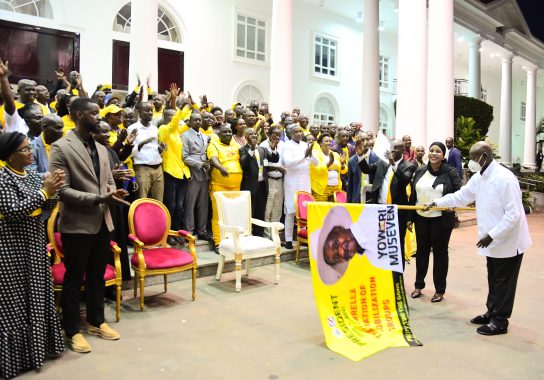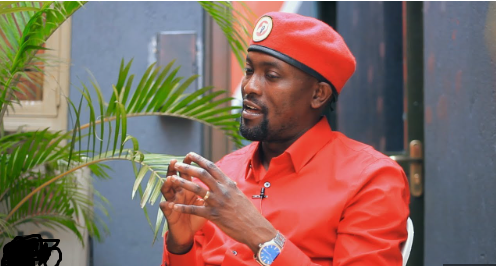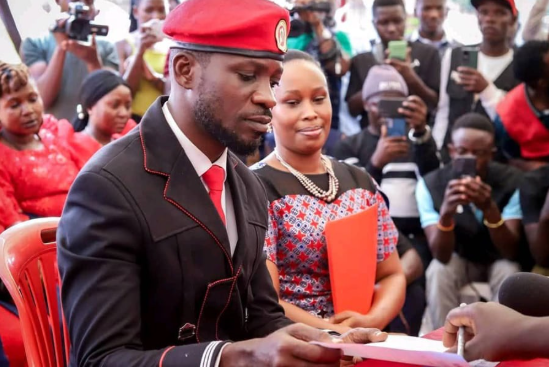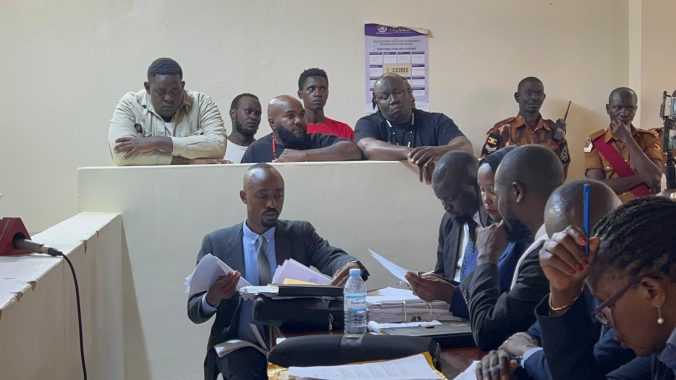Mowzey Radio death case
It’s the kind of ruling that has seemingly hit a final nail into a painful chapter of Uganda’s music history.
The Court of Appeal has sealed the fate of Troy, real name Godfrey Wamala, throwing out his cry for mercy and upholding his 12-year, 3-month sentence for the 2018 manslaughter of renowned Ugandan musician Mowzey Radio, born Moses Ssekibogo.
Troy, who had appealed both his conviction and 14-year jail sentence (later reduced), had pleaded for a lighter sentence and insisted the trial judge, in the High Court got it wrong.
The three-judge panel comprising Justice Christopher Gashirabake, Justice Dr. Asa Mugenyi, and Justice John Mike Musisi unanimously ruled that the evidence presented at trial was credible and sufficient to sustain both the conviction and the sentence.
“The contradictions in the prosecution’s evidence were minor and did not affect the overall identification of the accused,” the judgment reads in part. “There was ample light at the scene, and the identifying witnesses had spent considerable time with the accused that evening.”
The incident occurred on January 22, 2018, at De Bar in Entebbe, where Wamala, the deceased, and others had been drinking. According to eyewitnesses Pamela Musimire and David Otim, a disagreement erupted after the singer poured whisky on the table and on fellow patrons.
Mowzey Radio death case
Wamala, who had been seated nearby, allegedly grabbed the singer, lifted him horizontally, and slammed him onto the concrete floor. The impact caused severe brain injuries, leading to Radio’s death on February 1, 2018 at Case Clinic.
In his appeal, Wamala’s counsel had argued that the trial was marred by contradictions in witness testimony, especially regarding lighting conditions and the timeline of events. They also claimed the sentence was manifestly harsh and excessive, given that the conviction was for manslaughter and not murder.
Troy argued that the evidence was inconsistent, the bar was too dark, and that one of the witnesses lied about her age. His lawyer claimed there was reasonable doubt about who caused the injuries. But the Court of Appeal disagreed.
“The bar was lit. The witnesses knew Wamala. They had sat with him for hours. There was no mistaken identity,” the judgment noted.
The appellate court found that: Eyewitness identification was reliable, as both PW1 and PW2 knew Wamala and had spent several hours in his presence that evening. Wamala’s post-incident conduct fleeing the scene, going into hiding, and using others to retrieve his belongings was indicative of guilt.
The sentence of 14 years was within the legal guidelines and took into account aggravating and mitigating factors. The final sentence, after subtracting time spent on remand, stood at 12 years, 3 months, and 4 days.
The justices insisted that although the trial judge departed from the opinion of the court assessors, she provided detailed reasons and legally grounded justifications in her ruling.
The court also noted that previous cases of manslaughter have resulted in varied sentences depending on context, provocation, and aggravating factors. In Wamala’s case, no provocation was proved.
Troy fled immediately after the incident. He didn’t even return to collect his headset or power bank. Instead, he sent someone else to pick them up. For days, he went into hiding in Kyengera , a suburb miles away.
“Innocent people don’t run,” ruled the justices, revealing his disappearance as a clear sign of guilt.
Originally, the High Court in 2020 had sentenced Troy to 14 years in jail for manslaughter, not murder. The court acknowledged that the killing was not premeditated, but reckless and brutal.
Taking into account the time he had spent on remand since 2018, the effective sentence now stands at 12 years, 3 months, and 4 days.
Wamala is expected to complete his sentence in 2029, unless he decides to pursue a further appeal in the Supreme Court.

















